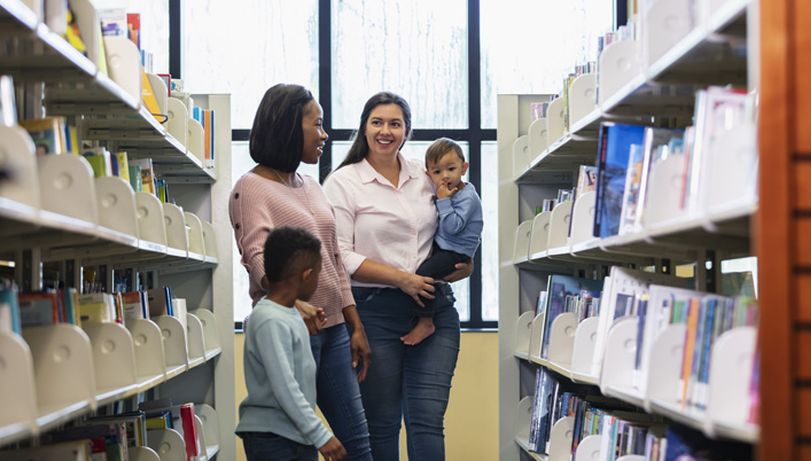Building a Path to Trust: promoting vaccinations in a way that serves communities
Parents, carers, communities and healthcare professionals shared their experiences of the children’s vaccine programme and what they thought could improve vaccine promotion and access to vaccinations.

Vaccines play a crucial role in keeping us and our communities healthy
They do this throughout our lives, starting at 8 weeks of age until adulthood. Falling children’s vaccination uptake in the UK is concerning, which is why we need to work closely with communities to understand how we can make the immunisation programme work better for them.
We conducted a community-based pilot in the London Borough of Tower Hamlets to explore the experiences and perceptions of parents and carers from different community groups on children’s vaccinations and the current way they are delivered. By knowing this, we can work on the system to improve trust.
MSD UK has funded this project and has had no editorial input into the content.
Building a Path to Trust: at a glance
Communities told us that:
- Information needs to serve communities better and be culturally competent
- Vaccine promotion should be enhanced
- They think the vaccination system is broken, with rushed appointments and a lack of support
- More spaces and opportunities for conversations about vaccinations are needed, as parents would like to have time to ask questions and healthcare professionals want to share more information.
Recommendations:
- The Public health workforce needs support to deliver information on vaccines in a way that works for communities.
- The Wider public health workforce needs to be upskilled so they can better help communities
- Information and communication strategies should be co-produced with the people they are aimed at, ensuring they are culturally competent.
- Space for conversations needs to be created where parents are, particularly in areas where childhood vaccination rates are declining or are low
Key statistics
children lacked measles, mumps and rubella protection in England in 2023-24
of children in England received two MMR vaccine doses in 2023-24
percentage point fall in MMR vaccinations in England in 10 years
How to promote vaccinations in communities
Understand what the communities need
As we found in this RSPH research, communities want culturally competent information and want to ask more questions. Asking what they need is crucial for the success of vaccine programmes.
Create spaces to promote vaccinations where people are
Reaching communities in places that they visit often and are familiar to them, such as libraries, community centres and schools. Vaccine promotion in non-clinical settings can encourage people to engage with the programme.

